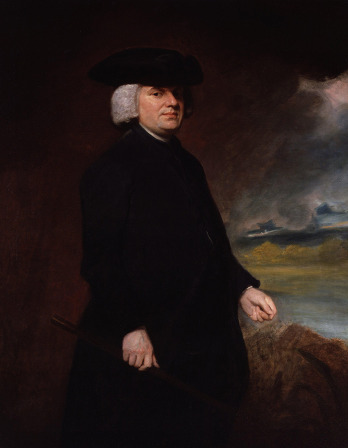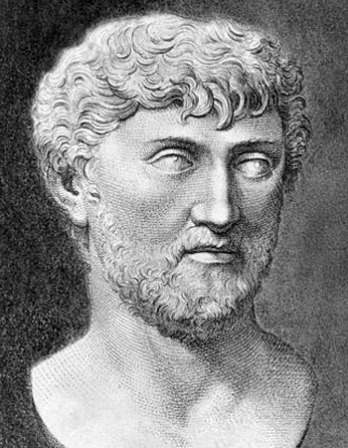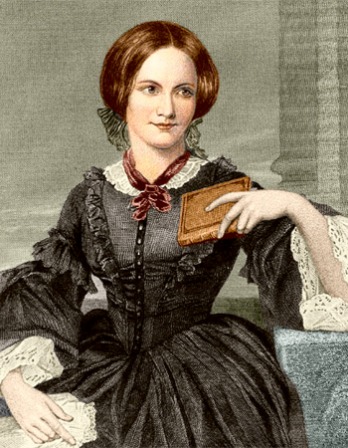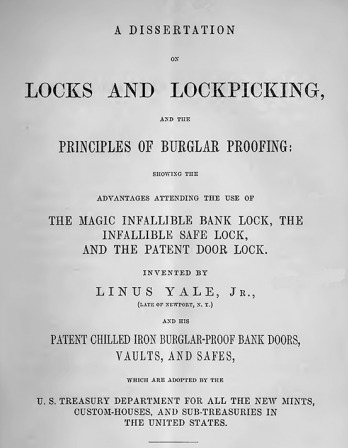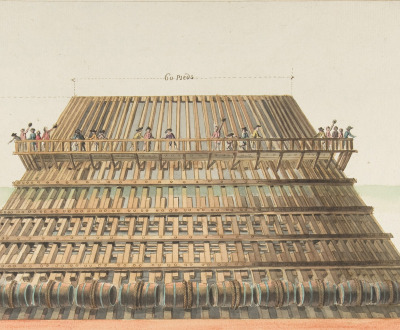
Design for a Machine, French, eighteenth century. The Metropolitan Museum of Art, Elisha Whittelsey Collection, Elisha Whittelsey Fund, 1962.
VIEW:
Miscellany
In 1745 a German cleric by the name of Ewald Georg von Kleist tried to pass an electrical current into a bottle through a nail and was shocked for his efforts. From this accident came the Leyden jar, an electrical condenser that allows electricity to be stored. The following year the abbé Jean-Antoine Nollet discharged a Leyden jar in front of Louis XV, sending electrical current through 180 Royal Guards, who jumped at the sensation.
The mere existence of nuclear weapons by the thousands is an incontrovertible sign of human insanity.
—Isaac Asimov, 1988






